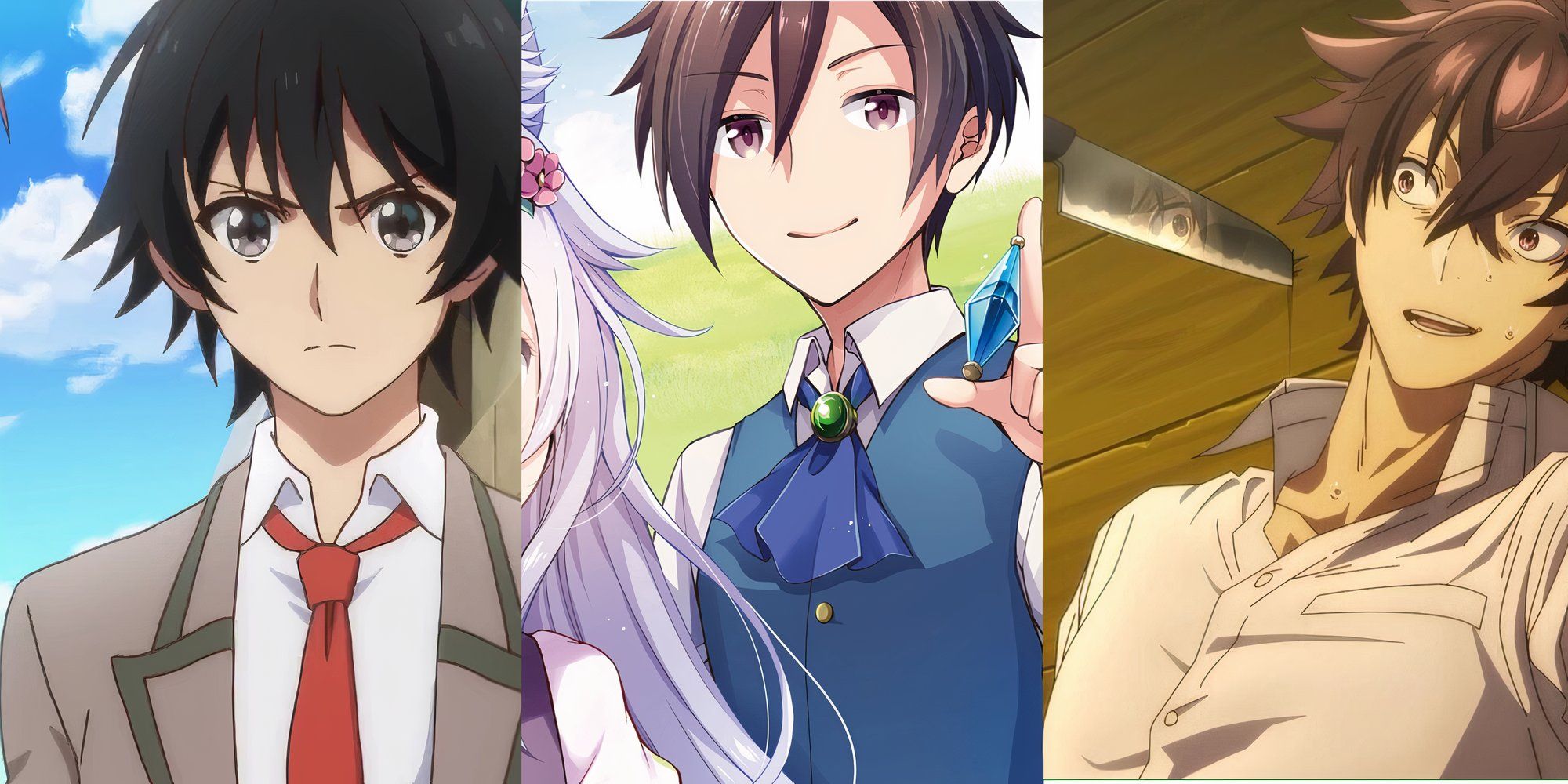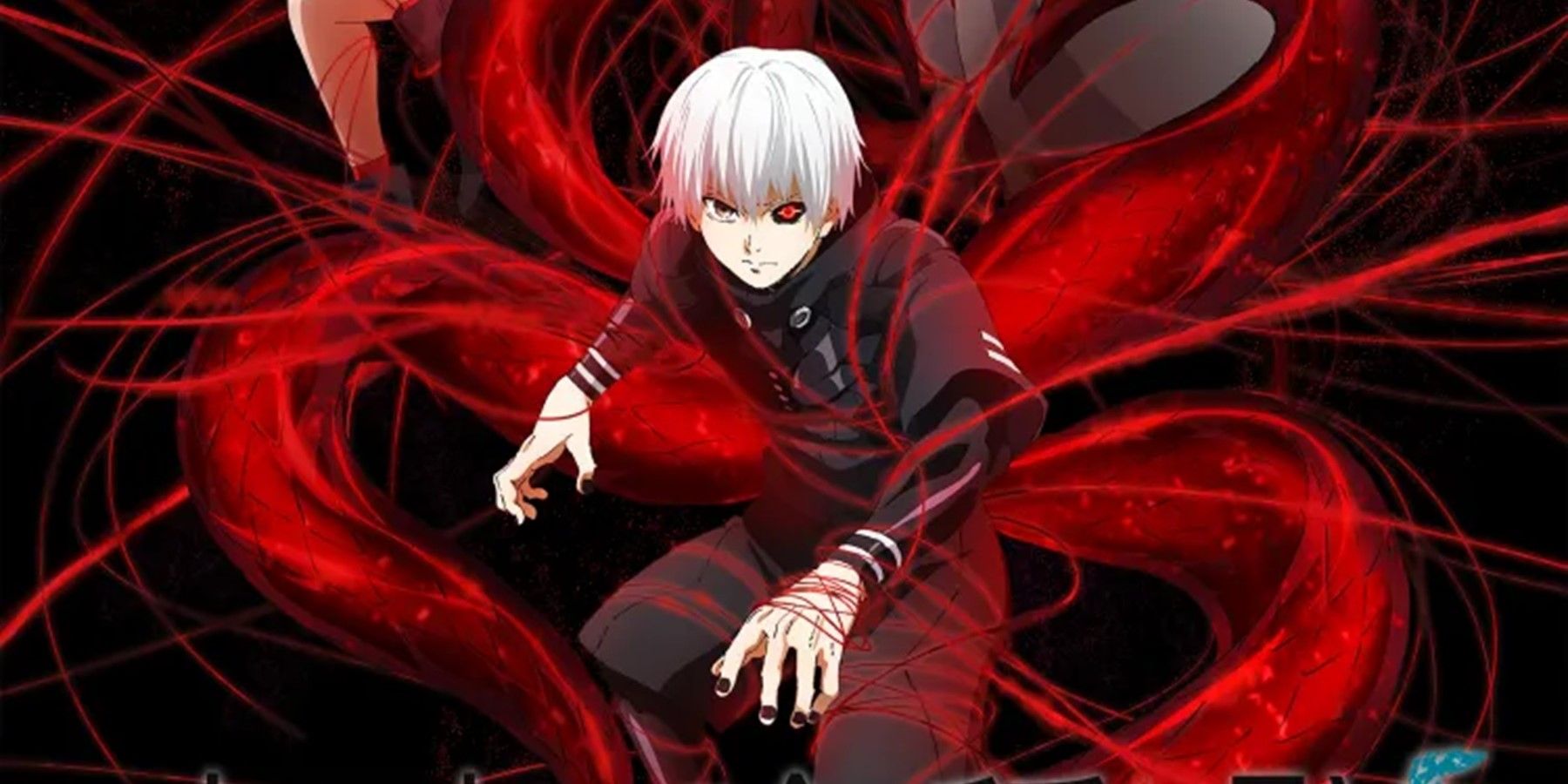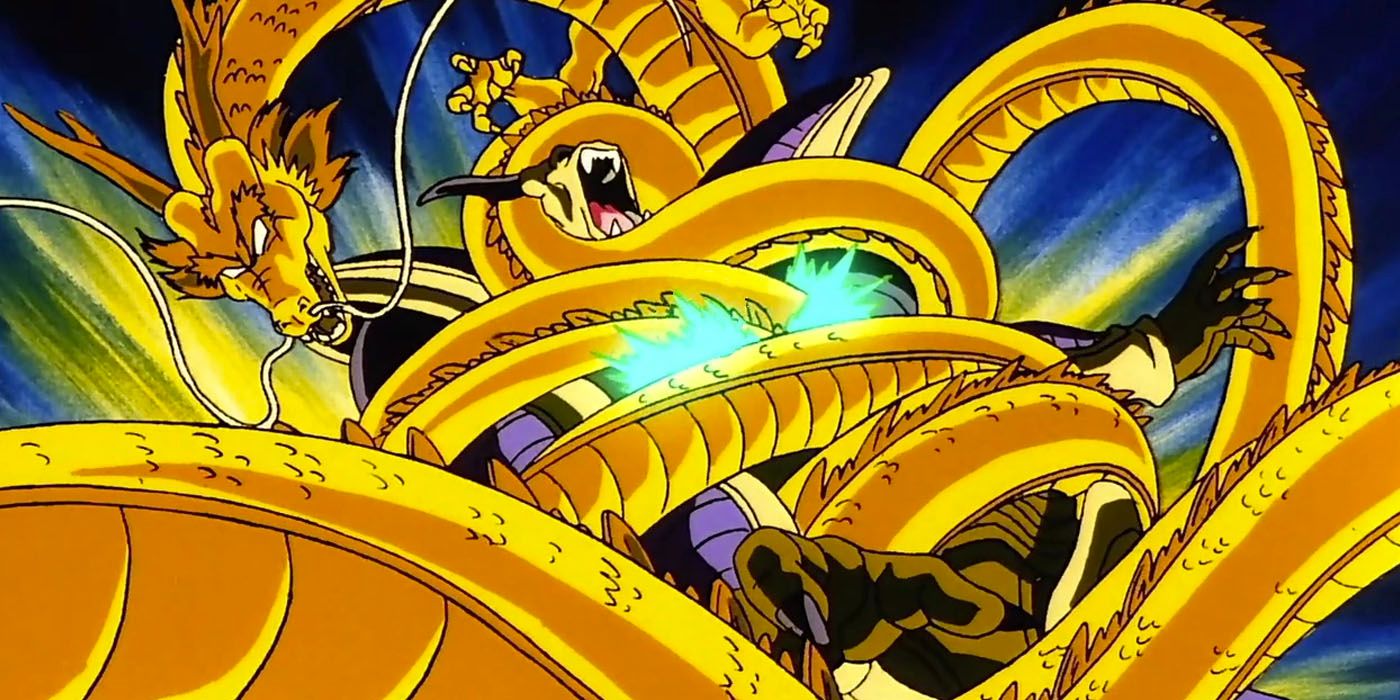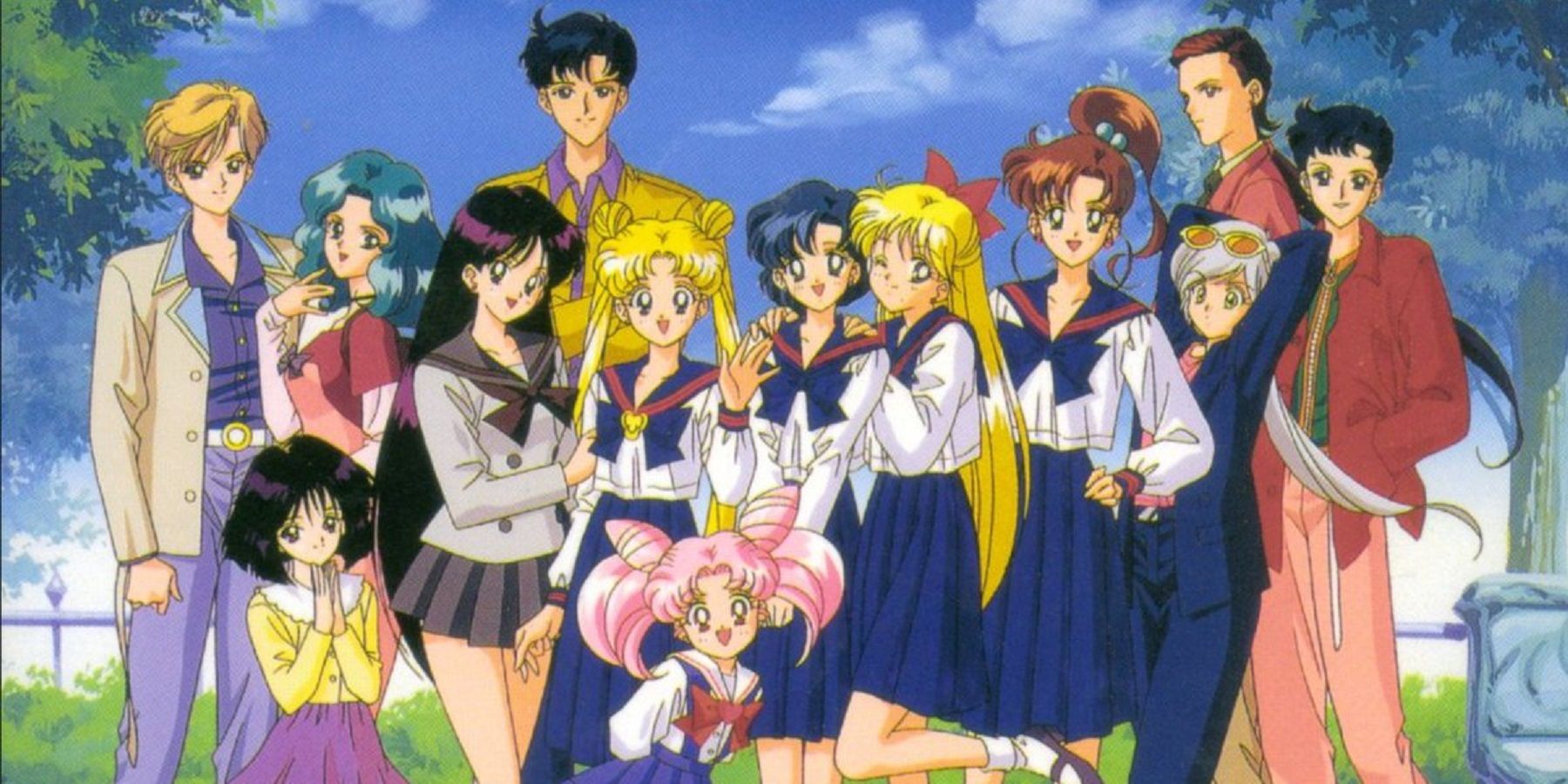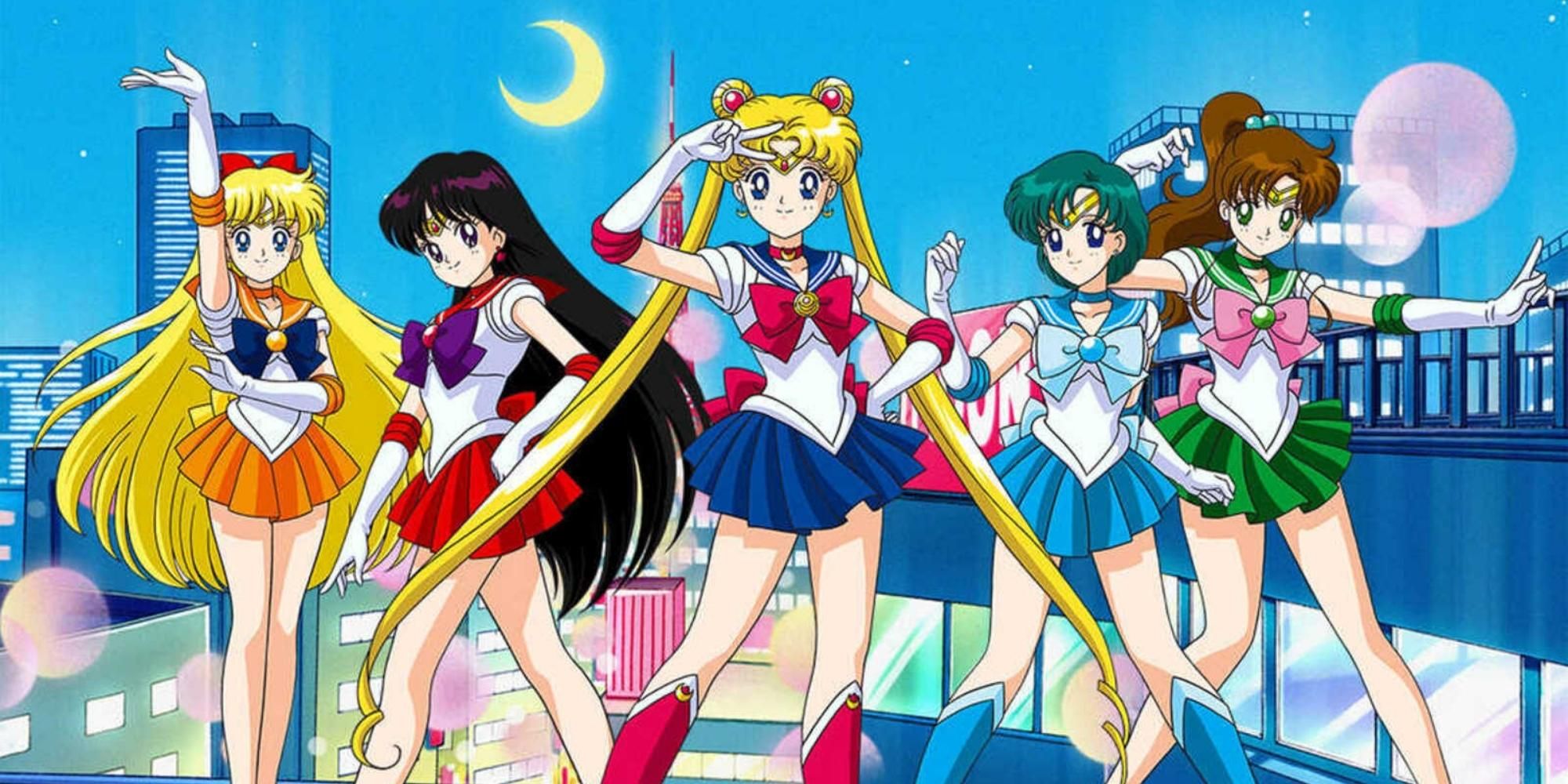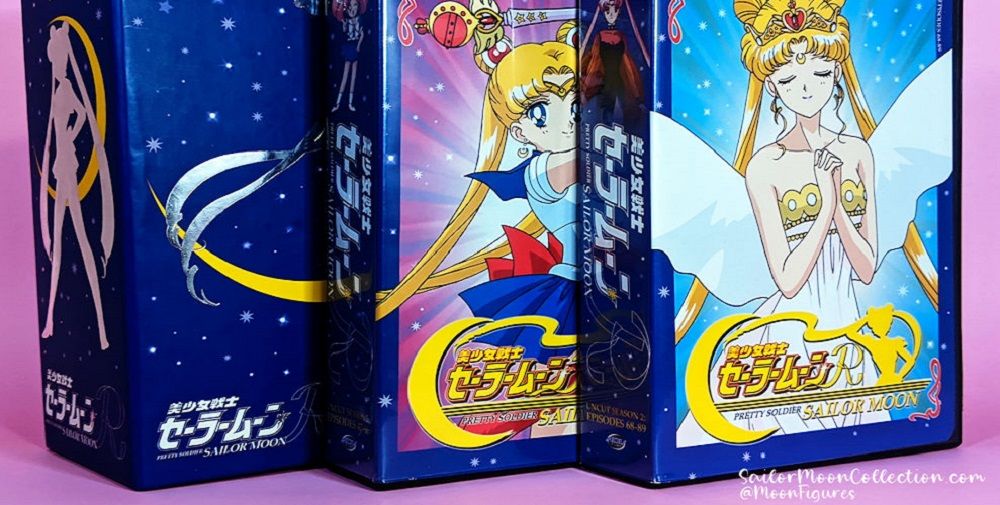While Sailor Moon may be one of the most popular anime in the world, it’s release in America has always been a checkered on. While fans were happy to have gotten it in the mid-nineties, it became common knowledge that the dub produced by DiC Entertainment was a heavily censored and edited version, with missing sequences, episodes, and even an emotional two-part season finale that was merged to form one (arguably much less emotional) finale for American audiences.
The series would then go on to other studios before exiting the market altogether, with the entire final season – Sailor Stars – never even given an official American release. Thanks to a major deal with Viz Media a few years ago, fans finally got that final season they coveted so much (and with a spectacular new dub to boot). What is also noticeable is that this release is truly complete for one notable reason: it contained an episode that had been banned in America for more than thirty years, despite having the opportunity to be released several times throughout the decades. What is this episode, and why did we not get it for over 30 years?
The Original DiC Dub
When Sailor Moon first aired in America in 1995, the series was dubbed and produced by DiC Entertainment. Rather than show up in short Saturday morning cartoon seasons of 13 episodes, DiC went straight to syndication with a 65 episode package (the minimum number of episodes you need to qualify for syndication). That would mean that the first official season of Sailor Moon would end somewhere in the middle of Sailor Moon R (the second Japanese season).
After looking at the show and determining where they wanted to end their first season, DiC decided that it would be necessary to cut several whole episodes of the show. They decided to cut episodes 2, 5, 6, 20, and 42 of the first season. As mentioned before, they also merged 45 & 46 into one, which essentially cut another episode. With Sailor Moon R they were more generous, simply cutting episode 67. Ignoring the fact that editing of the whole series resulted in several more episode worth of content being cut, the DiC Entertainment dub of Sailor Moon cut several whole episodes that fans has no opportunity to watch as a result.
Uncut Releases Come and Go
While DiC would eventually dub the final 17 episodes of Sailor Moon R, their involvement with the franchise would end at this point. When Sailor Moon took off on Cartoon Network’s Toonami, more episodes were ordered to air. This time the dubbed was given to Cloverway Studios, who would make an uncut dub of the series (at least in terms of the animation and music; the script was still heavily re-written for network standards). This was done because a deal was made with Pioneer Entertainment to release uncut DVDs of Sailor Moon S and Sailor Moon Super S, the third and forth seasons of the show.
While fans were happy to finally have access to uncut Sailor Moon TV episodes (uncut versions of the movies were previously released to test the market for an uncut release), fans were still upset that uncut versions of the first two seasons weren’t available. The extensive editing and complicated contracts for those two seasons made it so that uncut DVDs weren’t possible. A couple of years later DiC would make a deal with ADV Films to release the edited Sailor Moon on DVD, which gave ADV access to masters of the original Japanese episodes that DiC. All that needed to be done was for the rights to be negotiated now.
ADV reached out to Toei and negotiated to release the first two seasons of Sailor Moon in an uncut format on DVD. The discs would contain no special features or the dub, but fans who wanted to see the series uncut – skipped episodes and all – would finally get a chance to. Sadly, there was one hiccup in this plan: DiC had lost their tape of episode 67, and Toei refused to send them a new one as it would require a new license. While the reasons were unknown at the time, Toei had planned to let the rights to Sailor Moon lapse worldwide, and they didn’t want to give out any new licenses.
The deal ADV had made was that they could release the subtitled version because DiC technically still had the license, but they were stuck with the materials they had. This meant that when the DVDs came out fans noted the poor quality of the audio and picture, not understanding that these were the best materials ADV had of the series. They also noticed that episode 67 was missing, and when questioned about it ADV basically told fans not to expect to see it anytime soon. A year or so later the Sailor Moon licenses expired, and the series went out of production in America for many years.
American Fans Finally Get to See Episode 67
After more than a decade Viz Media made a major announcement: they had acquired the North American rights to Sailor Moon! What’s more, they were bringing it ALL over, including the unreleased (in America) Sailor Stars! Less spoken was the fact that episode 67, THE most elusive episode of the entire series, was FINALLY being dubbed and released! So was it worth the wait? Well…it depends on who you ask honestly. Opinions of the episode range from ‘it’s okay’ to ‘it’s the worst episode of the entire series.’ The story involves Chibi-Usa befriending a baby sea dinosaur. Nothing groundbreaking and certainly not something that will affect the story if you skip it.
In many ways it's funny that this episode became the center of such controversy and was so difficult to obtain for fans, seeing as how there really isn’t anything special about it aside from the fact that it was unofficially ‘banned’ for so many years. Those wanting to watch the episode now can either do so with the Sailor Moon R release from Viz Media or just stream it on Hulu. Either way, the episode finally made its way to America, and the mystery of this lost episode has officially been closed.

